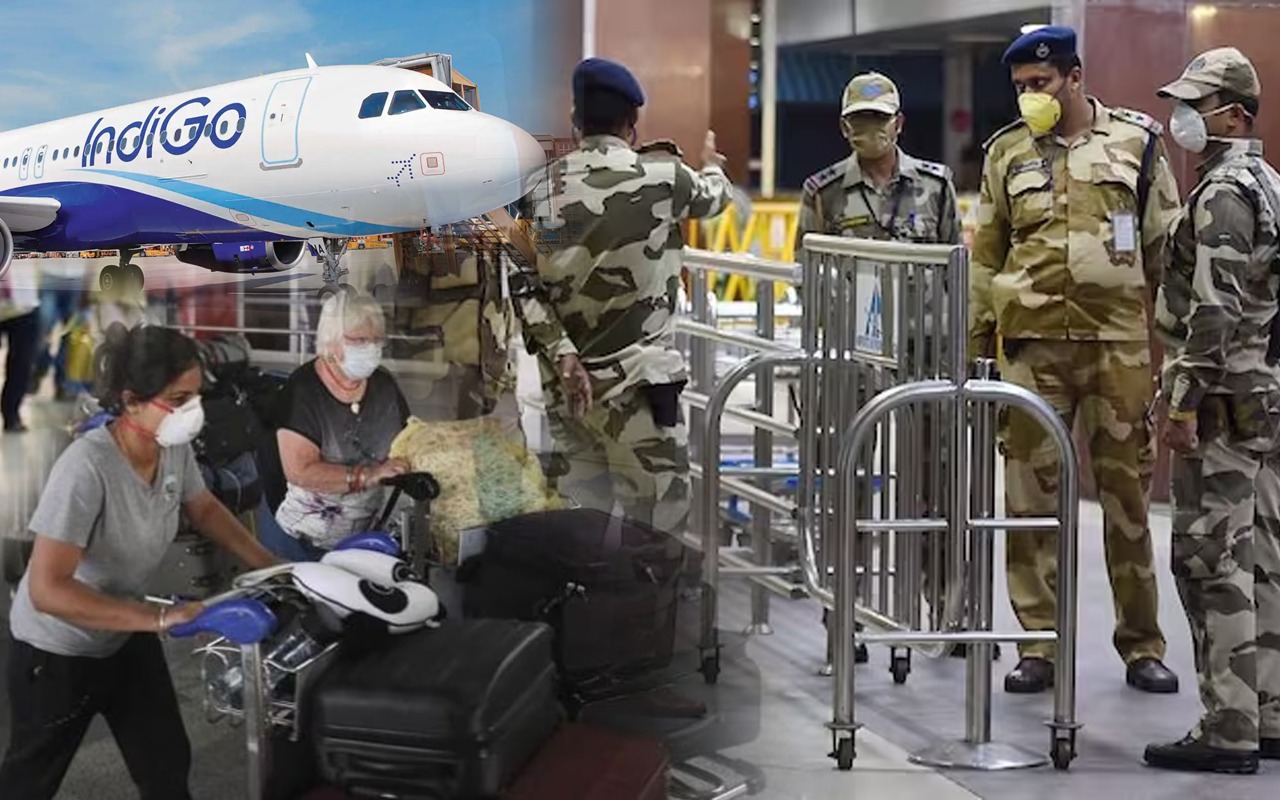The Directorate General of Civil Aviation (DGCA) is actively engaged in a comprehensive review of aviation rules with the primary goal of enhancing the overall passenger experience and making air travel more accommodating. As part of the proposed changes, airlines could be mandated to not only offer assistance but also provide compensation to passengers facing inconveniences such as flight delays, cancellations, or denied boarding. The government’s strategic objective involves simplifying existing provisions within the DGCA regulations to ensure that airlines consistently meet their obligations towards passengers, fostering a more transparent and passenger-centric air travel environment.
Recent incidents, including the noteworthy case of IndiGo passengers being unable to reach their intended destination, have served as catalysts for these proposed changes, prompting a reassessment of the current regulations to address loopholes and shortcomings. With domestic air traffic rebounding and a surge in consumer interest, there’s a renewed emphasis on safeguarding passenger rights. This becomes particularly crucial given the influx of first-time flyers, necessitating a robust framework that educates and protects passengers in various travel scenarios.
Air travel is one of the fastest and most convenient modes of transportation, especially in a vast and diverse country like India. However, it also comes with its own set of challenges and uncertainties, such as flight delays, cancellations, denied boarding, lost baggage, and poor service quality. These issues can cause significant inconvenience, stress, and financial loss to passengers, who often have little recourse or compensation from the airlines. Therefore, the government’s decision to review and revise the aviation rules to make them more passenger-friendly is a welcome and timely move that will benefit millions of air travellers in India.
Airlines will be required to not only provide assistance such as meals, accommodation, and alternative flights, but also pay compensation to passengers who face flight delays, cancellations, or are denied boarding due to reasons within the control of the airlines. The compensation amount will depend on the duration of the delay and the distance of the flight. This will ensure that passengers are adequately compensated for the inconvenience and loss caused by flight disruptions, and also incentivize airlines to improve their operational efficiency and reliability.
Airlines will be required to disclose the reason for flight delays, cancellations, or denied boarding to the passengers and the DGCA in a timely manner. They will also have to publish their policies and procedures for handling passenger complaints and grievances on their websites and other platforms. This will ensure that passengers are well-informed of their rights and options in case of any issue, and also enable the DGCA to monitor and enforce the compliance of the airlines with the regulations.
The DGCA will launch a campaign to educate and raise awareness among passengers about their rights and responsibilities, as well as the redressal mechanisms available to them. The campaign will use various media and platforms, such as social media, print, radio, television, and airports, to reach out to the maximum number of passengers, especially first-time flyers. This will empower passengers to make informed choices and seek appropriate remedies in case of any problem.
The government’s initiative to make air travel more passenger-centric is a commendable step that will enhance the overall air travel experience and satisfaction of the passengers. It will also boost the confidence and trust of the passengers in the aviation sector, which is crucial for its growth and development. The government should ensure that the proposed changes are implemented effectively and efficiently and that the passengers and the airlines are made aware of their rights and duties. The government should also periodically review and update the regulations to keep pace with the changing needs and expectations of the passengers and the industry.









